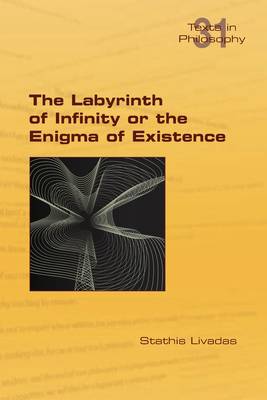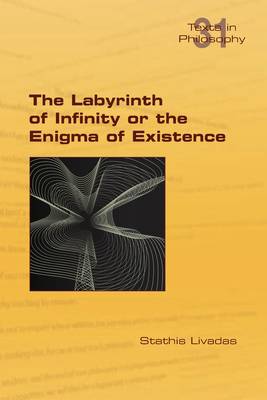
- Retrait gratuit dans votre magasin Club
- 7.000.000 titres dans notre catalogue
- Payer en toute sécurité
- Toujours un magasin près de chez vous
- Retrait gratuit dans votre magasin Club
- 7.000.000 titres dans notre catalogue
- Payer en toute sécurité
- Toujours un magasin près de chez vous
Description
It is almost beyond doubt in our time that the galloping progress in practically all fields of science has posed key philosophical questions, like the relation of being and existence, the dialectics between multiplicity and continuous unity, the question of infinity as an ideatum `infinitely' apart from its idea (in Levinas' formulation), etc., in the light of epistemology, more specifically and mostly in the light of positive science's inquiring into the bounds of human comprehension of the world.
In largely this motivation, the book focuses primarily on the possibility to defend a consistent interpretation of objects and events in the world of phenomena, including both objects of the observational quantum context and those of the abstract mathematical one, by means of a radical reduction to the level of human subjectivity as absoluteness within the world. By this measure, and far from idealistic-metaphysical or naively realist preoccupations, it tries to open a discussion that aspires to reconcile key epistemological questions, infinity and non-locality being prominent among them, with the question of the essence of ontological being in general and its relevance with the world at large.
In the final count, by reducing the ontology of being to the essence and modes of being of human absolute consciousness the book intends to recalibrate the conception we have of epistemological questions in accordance with our capacities as embodied consciousnesses in the world.
Spécifications
Parties prenantes
- Auteur(s) :
- Editeur:
Contenu
- Nombre de pages :
- 444
- Langue:
- Anglais
Caractéristiques
- EAN:
- 9781848903906
- Date de parution :
- 11-04-22
- Format:
- Livre broché
- Format numérique:
- Trade paperback (VS)
- Dimensions :
- 156 mm x 234 mm
- Poids :
- 616 g







